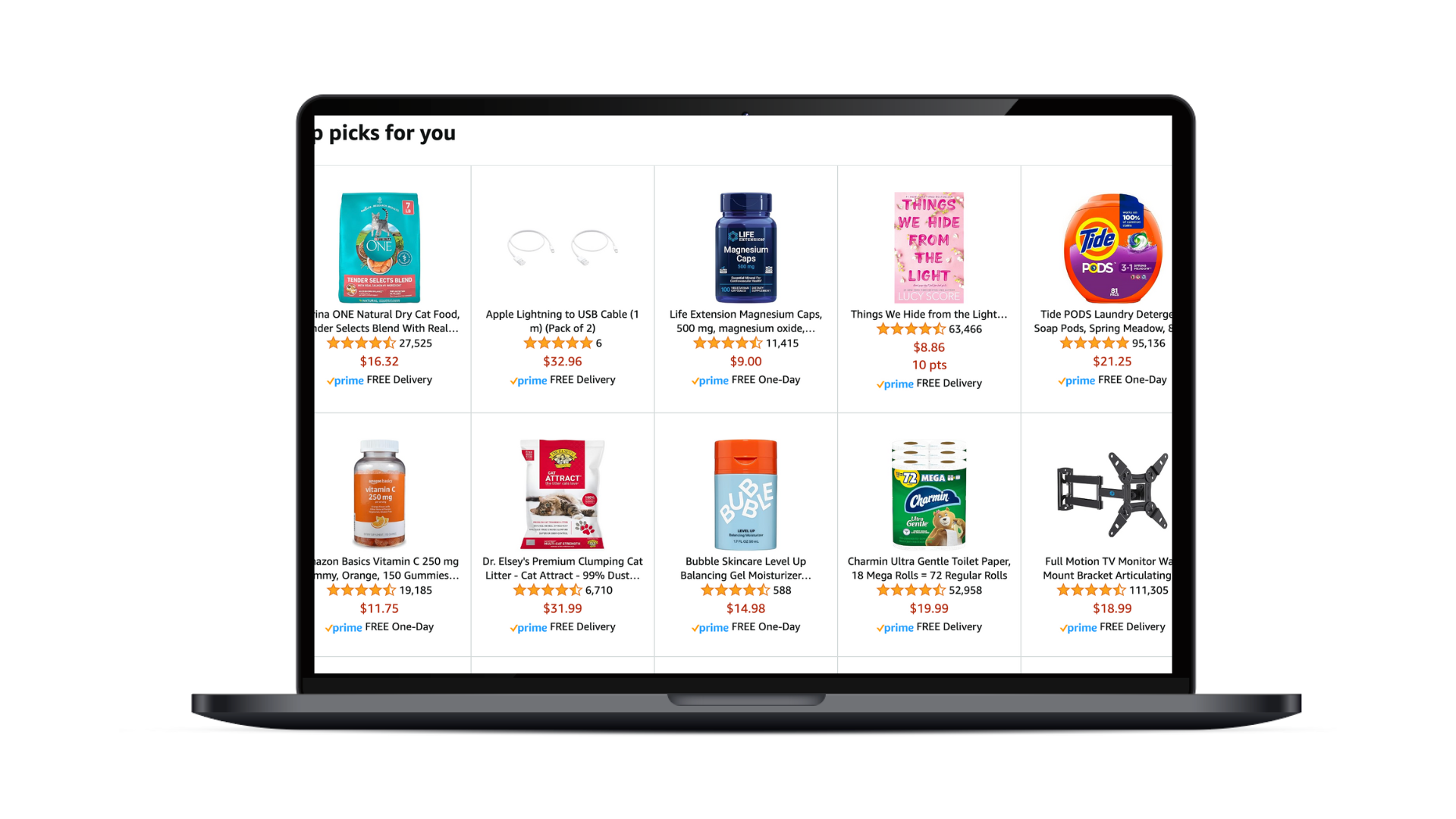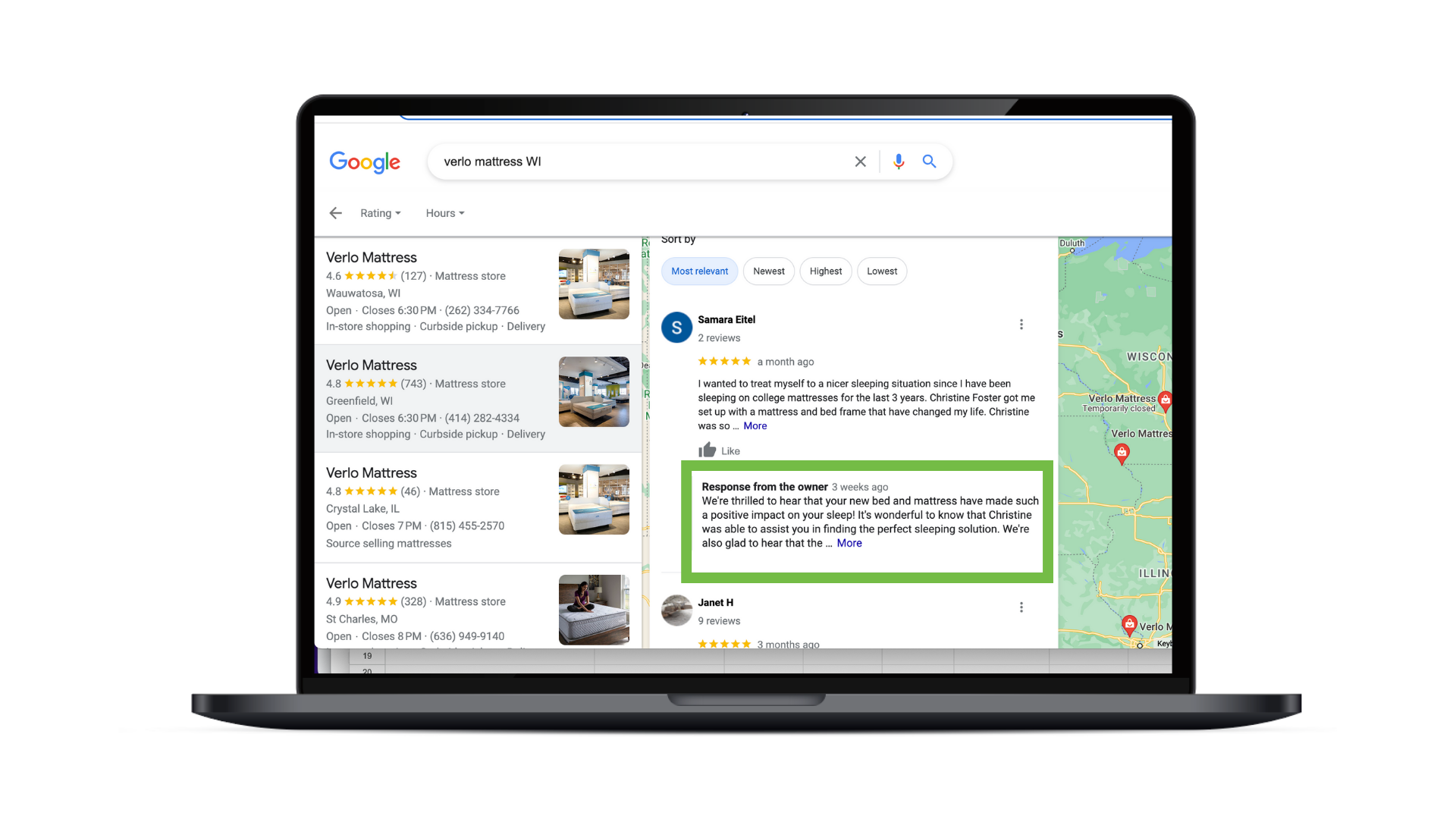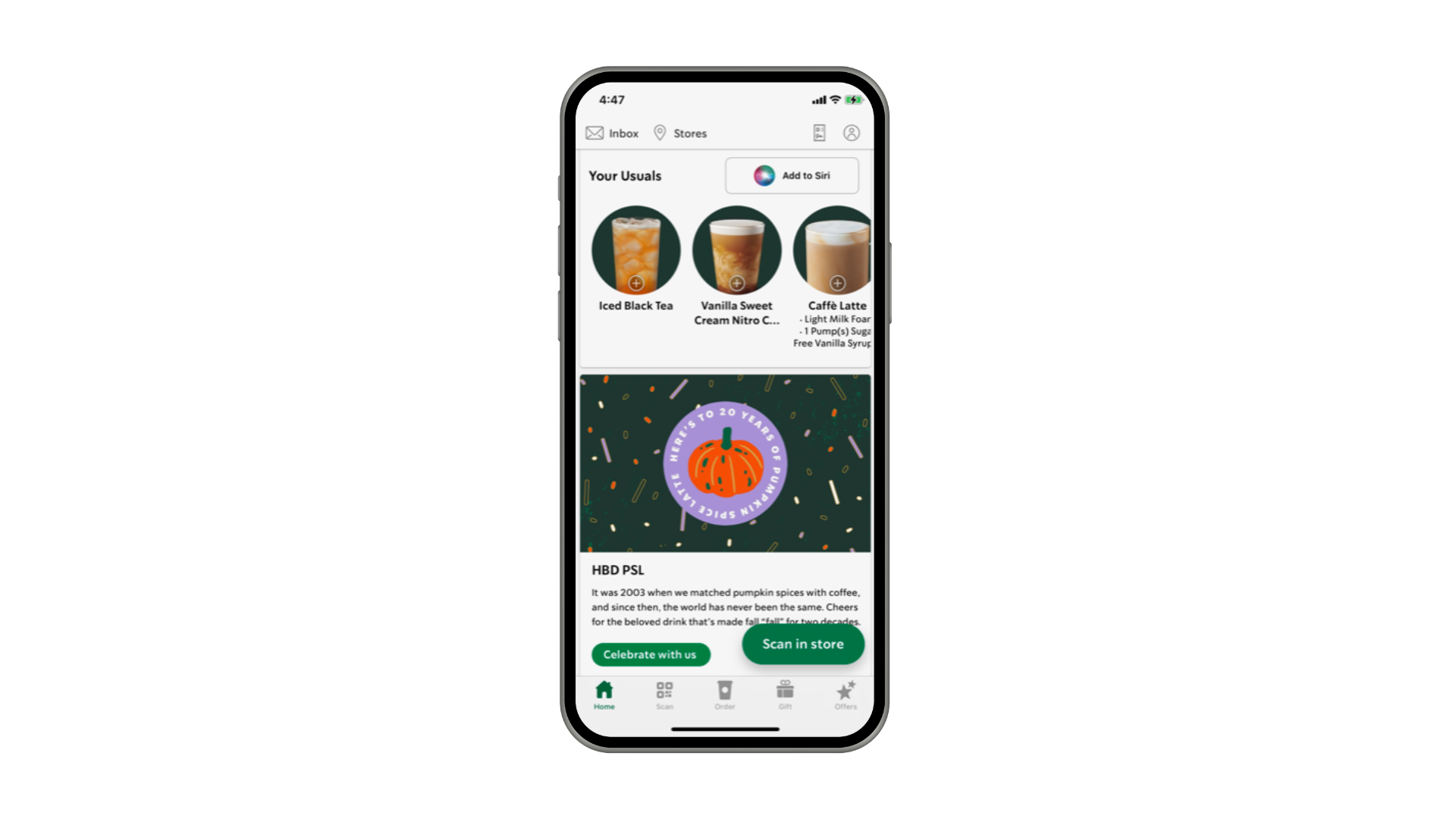Generative Engine Optimization (GEO): Mastering AI-Driven Search in 2025
Top Use Cases for Leveraging AI in Multi-Location Marketing
Top Use Cases for Leveraging AI in Multi-Location Marketing
In the world of marketing, there’s a lot of content out there, including our own, emphasizing the need for marketers to incorporate artificial intelligence (AI) into their strategies. While you can read about the dos and don’ts of AI, wouldn’t it be helpful to see which brands are already leveraging AI well?
That’s where this blog comes in! We will showcase several brands in various industries that are using AI well and their use cases.
Whether your brand has already started using AI or not, you can use these examples as inspiration for incorporating AI into your marketing plans and a benchmark for what some brands already do.
Let’s get into it!
A Look Into Brands Leveraging AI Today
The following brands are great use cases for incorporating AI into their marketing efforts. For this piece, we’ve showcased various ways brands use AI to emphasize the vast opportunities for including AI in your marketing efforts.
1. Amazon
In the United States, Amazon is the largest player in the e-commerce space, with 37.8 percent of the market share. Amazon uses AI in various ways, including its customer support efforts. In 2020, Amazon began piloting AI-powered customer support agents. The automated agents use machine learning to address requests and will pass along requests they can’t support to human agents.
Leveraging AI to address customer support needs reduces the time and effort employees spend doing the same task. It’s also worth noting that Amazon’s famous virtual assistant, Alexa, leverages AI to provide quick and accurate responses to questions.
As you’d expect, Amazon also utilizes AI to recommend products. On Amazon, you’ll see a “recommended for you” section, as seen below, that highlights products you may be interested in based on your purchase history, items viewed, and most searched items.

Similar AI tools can take some of the pressure off your marketing team, automatically recommending items a user may be interested in.
2. Verlo Mattress
Up next, let’s look at Verlo Mattress. Verlo Mattress is a leading mattress manufacturer and retailer designed and built to address its customers’ specific sleep comfort needs. As a multi-location brand, Verlo Mattress struggled to keep up with responding to reviews across locations.
Generative AI tools can help brands with review responses, which is what Verlo Mattress did! Verlo partnered with SOCi and began leveraging our very own Genius Reviews, combining our award-winning review response and management software with GPT-4 to aggregate and respond to reviews across all locations automatically.
After leveraging Genius Reviews, Verlo Mattress achieved a 97 percent review response rate across business locations and saw a 29-hour decrease in review response time.

3. Walmart
Walmart is another mega-brand that has incorporated AI into its marketing strategy. With over 4,700 stores, Walmart is always looking for ways to increase efficiency, and deploying AI has improved customer and employee experiences.
For instance, AI is now powering Walmart’s shopping app. It can recognize when a customer has last ordered a product and whether or when they may need the same item again weeks or months later. Additionally, Walmart has provided its non-store employees with a generative AI application that’s trained on Walmart’s brand.
This generative AI application can help with various tasks, from summarizing long documents to assisting in content creation. The purpose of this tool is to reduce the amount of time employees spend on previously manual tasks, giving them room to focus on other efforts.
4. Nestlé
Nestlé is a great use-case of a brand leveraging generative AI to help support its advertising efforts. Earlier this year, Nestlé and its ad agency, Ogilvy Paris, used OpenAI’s DALL-E 2 to create ads for the brand. For instance, it leveraged the tool to create an ad campaign for La Laitiére that utilized Vermeer’s famous painting, “The Milk Maid”, which can be seen below.
Nestlé found that the cost savings for AI-created ads are between 10 and 20 times. Nestlé’s parent company, Unilever, found so much success in creating ads with the help of AI that it created its own generative AI advertising tools.
5. Starbucks
Last but not least is Starbucks! In 2016, Starbucks announced a plan to use AI, and the brand has kept its promise. One of the most exciting ways that Starbucks has leveraged AI is through its loyalty program. Starbucks wants to deliver personalized experiences to each of its loyal customers, but doing so at scale is challenging.
Through the use of AI, Starbucks:
- Collected customer data based on their purchases within the app
- Made recommendations of new items customers may like
- Allowed consumers to reorder your usuals, as seen in the example below, and delivered personalized marketing messages.

Starbucks also leverages AI to analyze customer data to inform business decisions, such as where to open a new store, which drinks to retire, and more.
As a multi-location marketer, you understand the importance of personalization, and AI can help!
Start Improving Marketing Performance With AI Today
As you can see, major brands are using AI in numerous ways. If your multi-location brand is just starting, choose one or two ways to leverage AI best, and go from there. If you’re already using AI, what is working, and what isn’t? Can you make any optimizations based on these use cases?
Navigating AI can be challenging, especially with 100s to 1,000s of business locations, but you don’t have to do it alone! SOCi is here to help. Not only does SOCi have tools that include AI functionalities, but we also want to do our part to educate marketers on AI.
For instance, we release a weekly Local Memo blog, which provides marketers with the latest in localized marketing, including updates around AI. We also have webinars, such as our on-demand CMO Masterclass: Transforming Localized Marketing with Generative AI, which provides education about leveraging AI.
Regarding our tools, SOCi has several Genius products, with more to come, that leverage best-in-class generative AI to help you execute your localized marketing strategy at scale effectively.
From responding to reviews to deploying chatbots to managing social engagements, SOCi has you covered. To learn how SOCi can help you crush your marketing goals with the help of AI, request a demo today!






